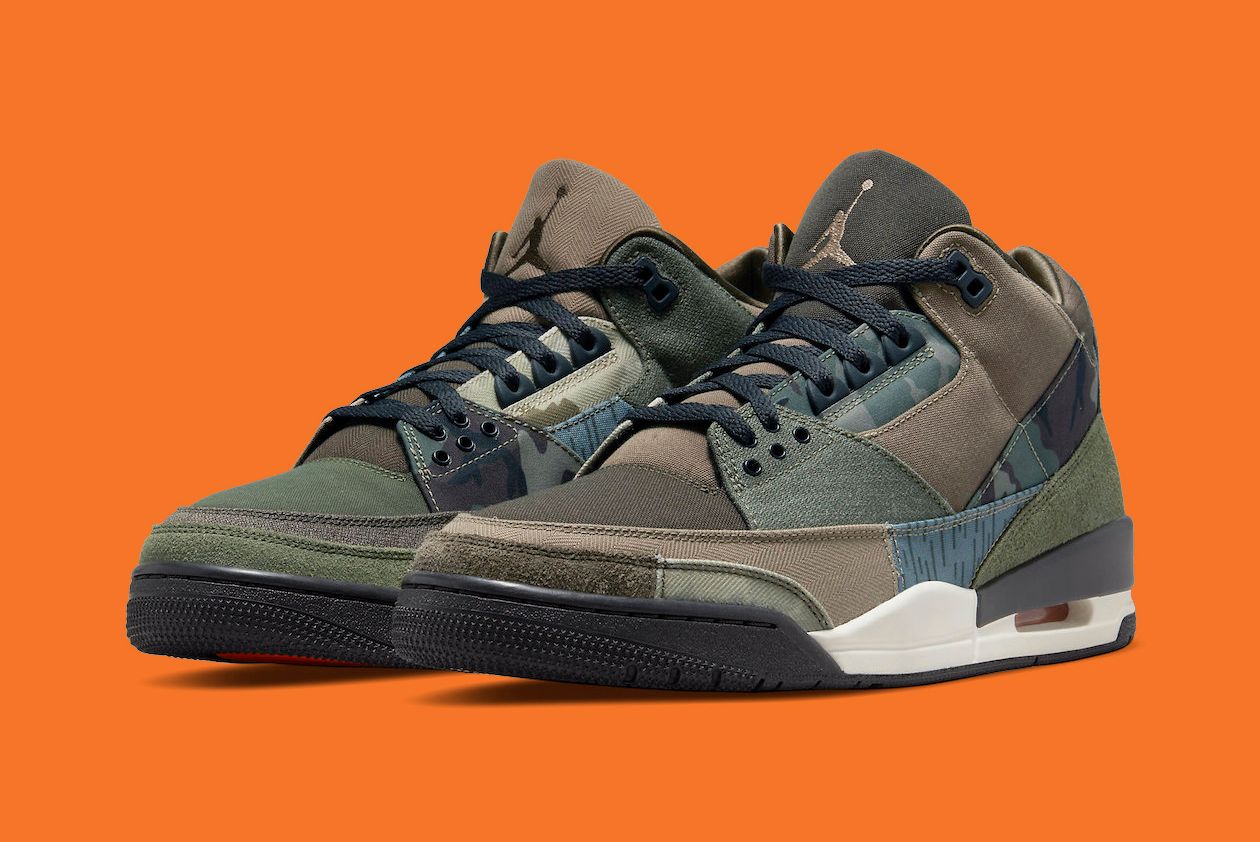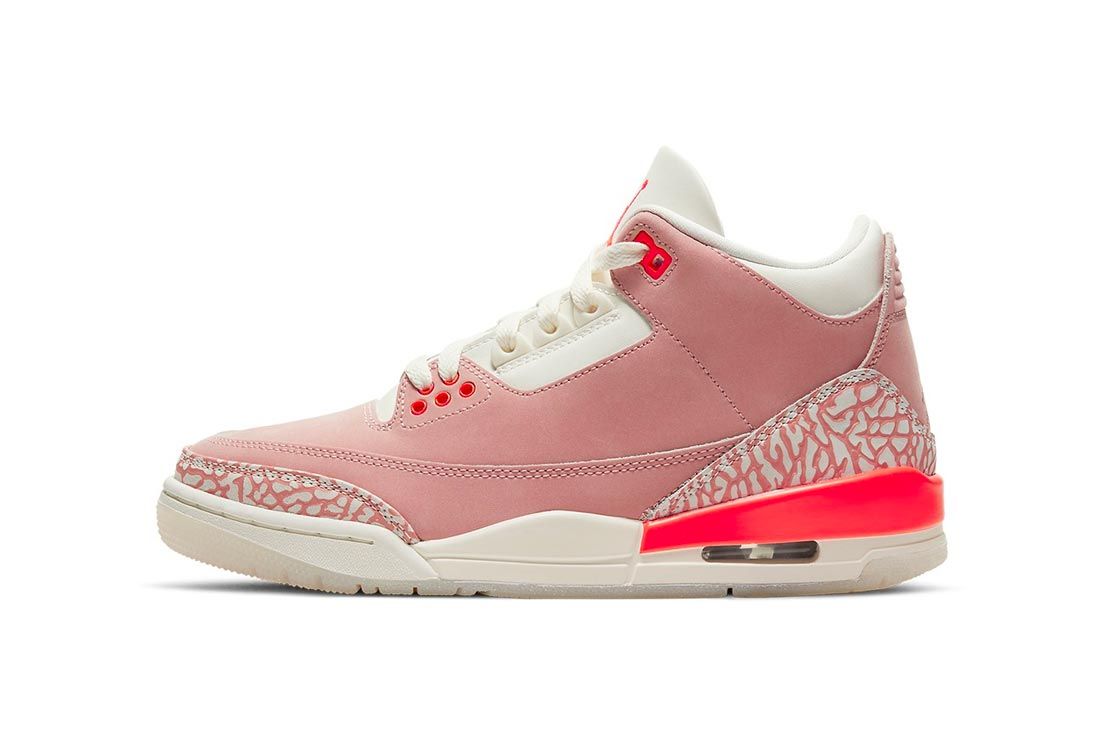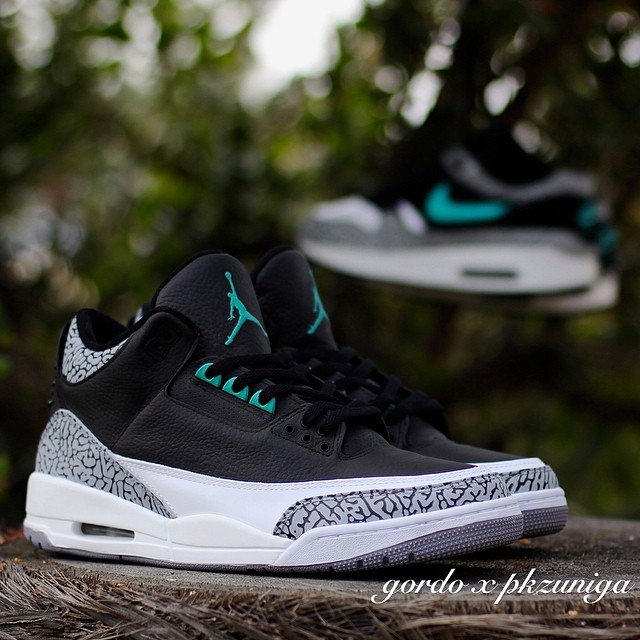

While scrolling through Instagram for photos of the encounter, Fujiwara recalls drinking coffee with Kanye and talking about their mutual love of Christian Dior. “I was walking down the street and he asked me: ‘Are you Hiroshi?’ And I said yes,” Fujiwara says. for several months, the rapper tracked Fujiwara down on the streets of Harajuku.

Just over a decade ago, when Kanye West decamped to Tokyo with Virgil Abloh and Don C. Parker isn’t the only high-profile sneaker impresario to go looking for Fujiwara in Tokyo. As a result, he became friendly with both Kim Jones and Virgil Abloh before either were well-known designers, and his Fragment Design portfolio includes work for clients as unlikely as Eric Clapton (a personal friend) and Pokémon (a job Fujiwara turned down at first, then reconsidered after a friend pointed out how much Pikachu’s lightning bolts resembled the Fragment logo). This way of doing business proved to be a natural fit for Fujiwara, who has an almost supernatural knack for meeting the right people at the right time.

“I was thinking about the way the music industry works, with points and percentages-so if I work with Undercover, I don’t do anything, but give me a little percentage, and you sell everything.” “I didn’t want to hire many people and I didn’t want to have any stock or anything to sell,” Fujiwara says. With his next venture, Fragment, he took his collaboration concept to the next level by creating a company that doesn’t actually make anything at all. But that wasn’t the point, so on December 31, 1999, he closed down the most influential shop in what was then the fashion world’s most influential neighborhood. It soon became extremely popular, like everything Fujiwara touches. With brands like Undercover, Neighborhood, and A Bathing Ape exploding, Fujiwara says he “wanted to do a collaboration-only store, because at that time collaboration wasn’t really popular at all.” Fujiwara had, by then, penned the supremely influential magazine column “Last Orgy,” which debuted in 1987 and made a superfan out of Tomoaki Nagao, who was rechristened Nigo, meaning “number two,” after a stint as Fujiwara’s assistant in 1990, Fujiwara started the influential streetwear label Good Enough, which inspired Nigo to start his own highly influential clothing line, A Bathing Ape, in 1993 that same year, Fujiwara opened his shop Ready Made, which soon became the epicenter of the Harajuku scene by focusing almost exclusively on collaborations. And in 2003, when the director Sofia Coppola released her second feature film, Lost in Translation, it featured a cameo appearance by Fujiwara, who can be seen hanging out at a Tokyo nightclub.įujiwara says the cameo came about because of his friendship with Coppola, but it’s hard to imagine the director failed to understand what it signaled about her understanding of Japanese culture. The artist Takashi Murakami, for example, has called him “a cultural leader in Japan,” and predicts that his influence will continue for generations due to the number of artists he’s helped discover. And yet, however charming such modesty may seem in our age of clout-chasing influencers, the vastness of Fujiwara’s influence on our culture has already been measured by his peers. He also denies credit for bringing the Stüssy brand to Japan in the 1980s, which is especially strange since Shawn Stussy himself says otherwise. “They always want the logo,” Fujiwara says of his collaborators, which include iconic brands ranging from Levi’s to Louis Vuitton. Both feature Fragment’s distinctive twin-lightning bolt logo. His eyeglasses, framed by shoulder-length curtains of black-and-silver hair, are Oakleys, and his shoes are Nike Air Jordan 3s.

His outfit is autobiographical, but not at all nostalgic: Trousers he designed for a recent collaboration between Moncler and his own Fragment Design imprint, paired with a black-and-white Fragment t-shirt. Six months later, when I meet Fujiwara for tea in Tokyo’s Roppongi neighborhood, the founder of Japan’s original streetwear label, Good Enough, is unencumbered by the achievements and associations which inspire such hyperbole. In January, everyone at Paris Fashion Week had something to say about Virgil Abloh’s claim that streetwear was dead, but only one of these comments stuck with me: “As long as Hiroshi Fujiwara is alive,” one fashion CEO told me, “streetwear is alive as well.”


 0 kommentar(er)
0 kommentar(er)
